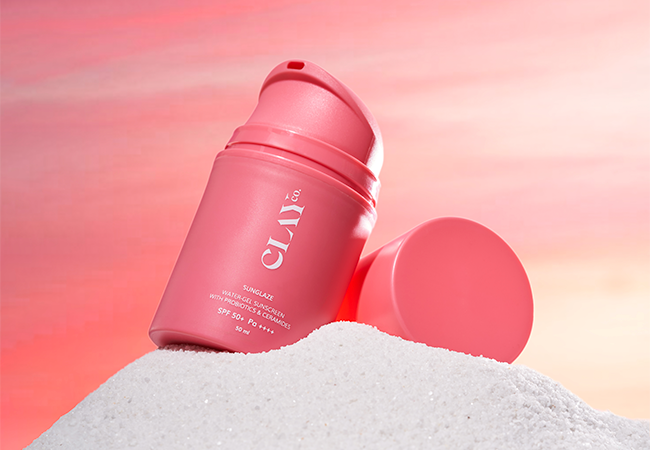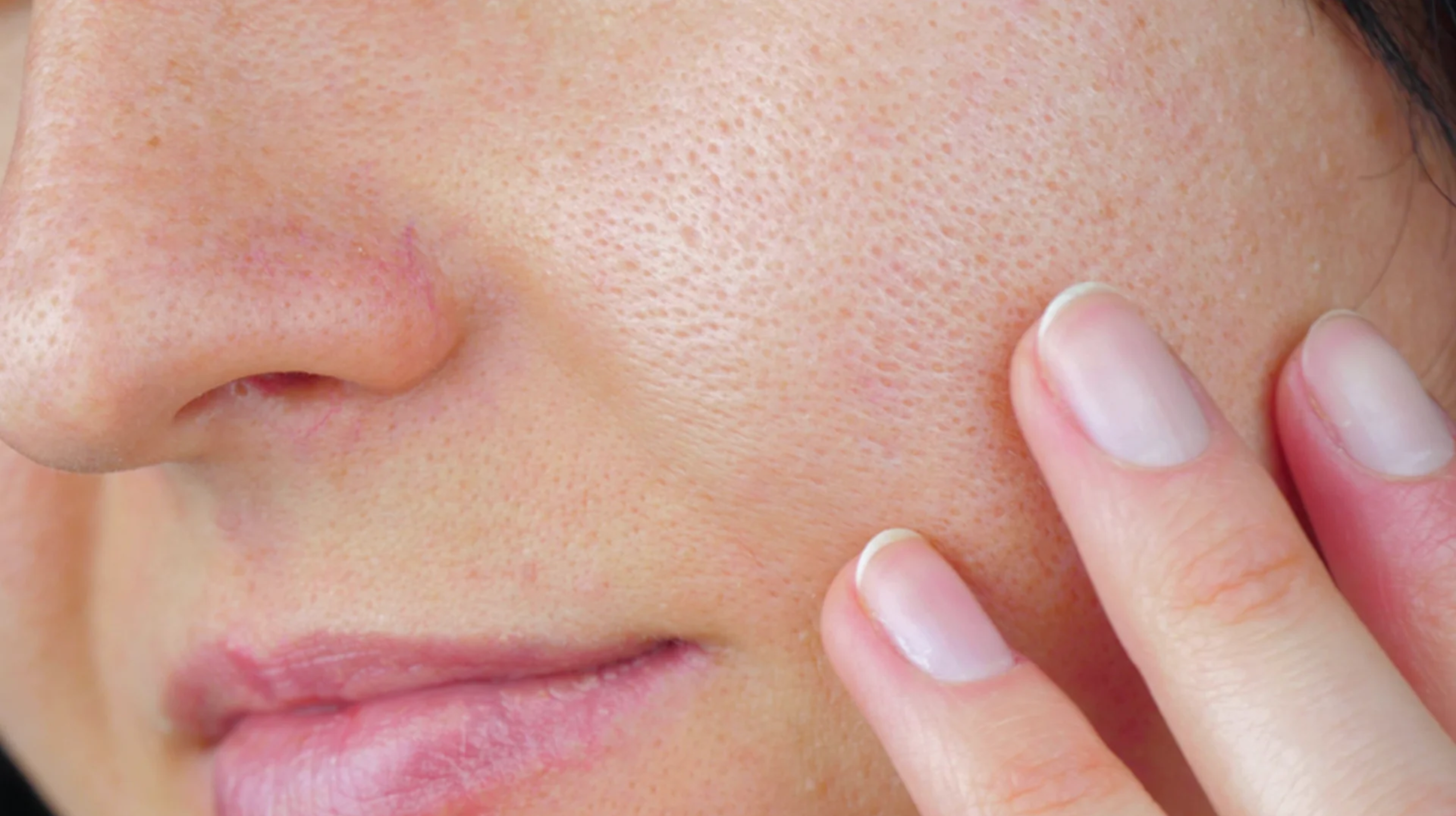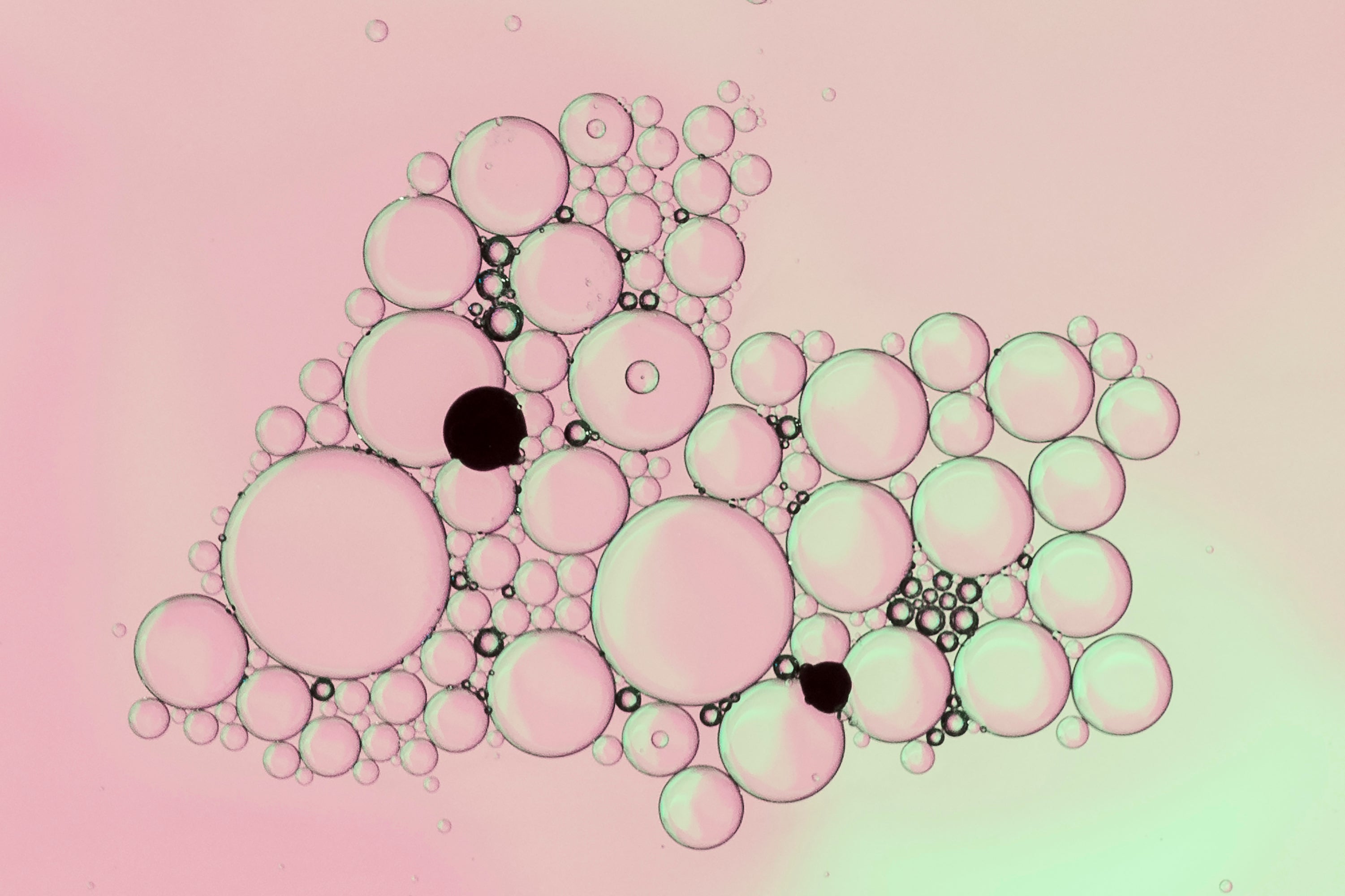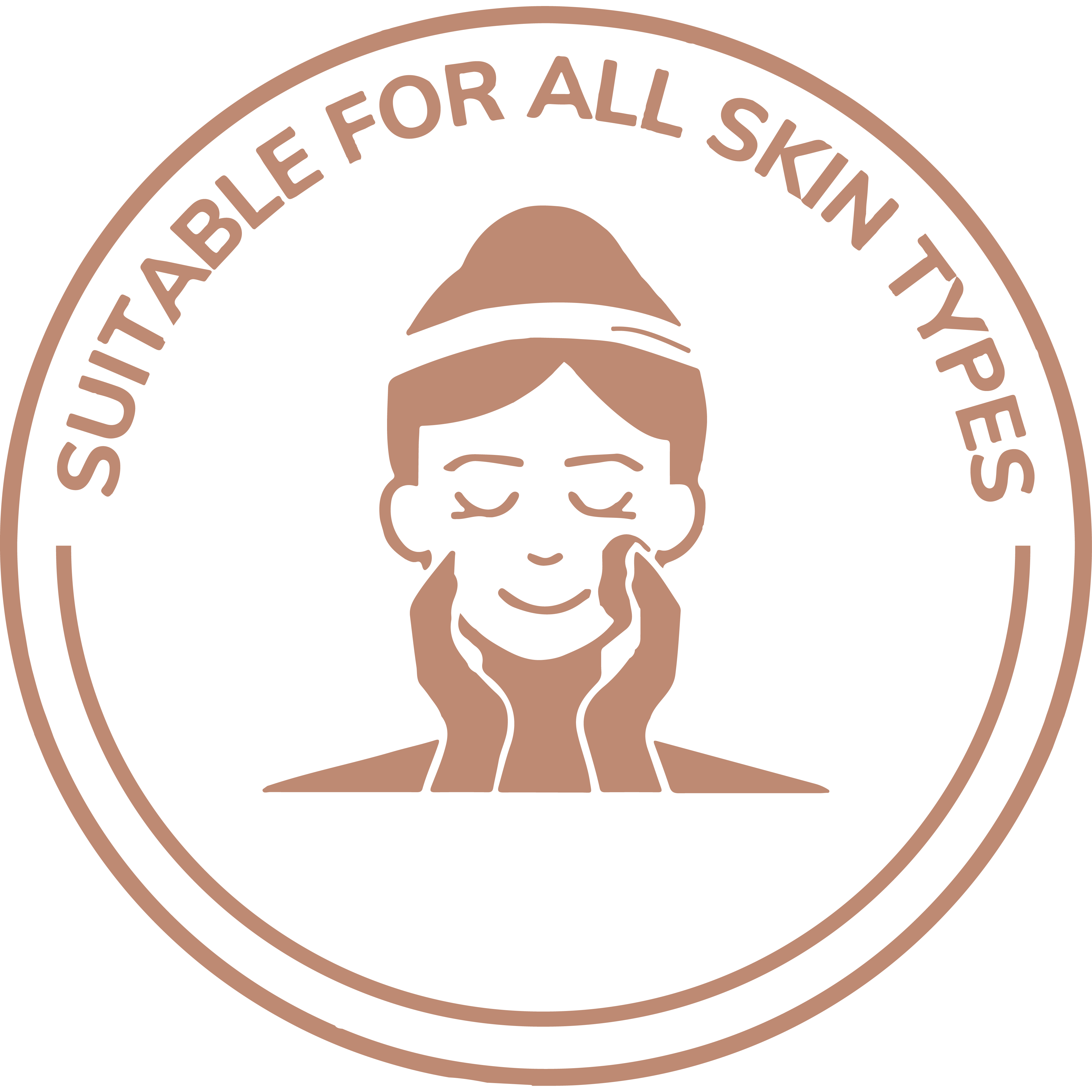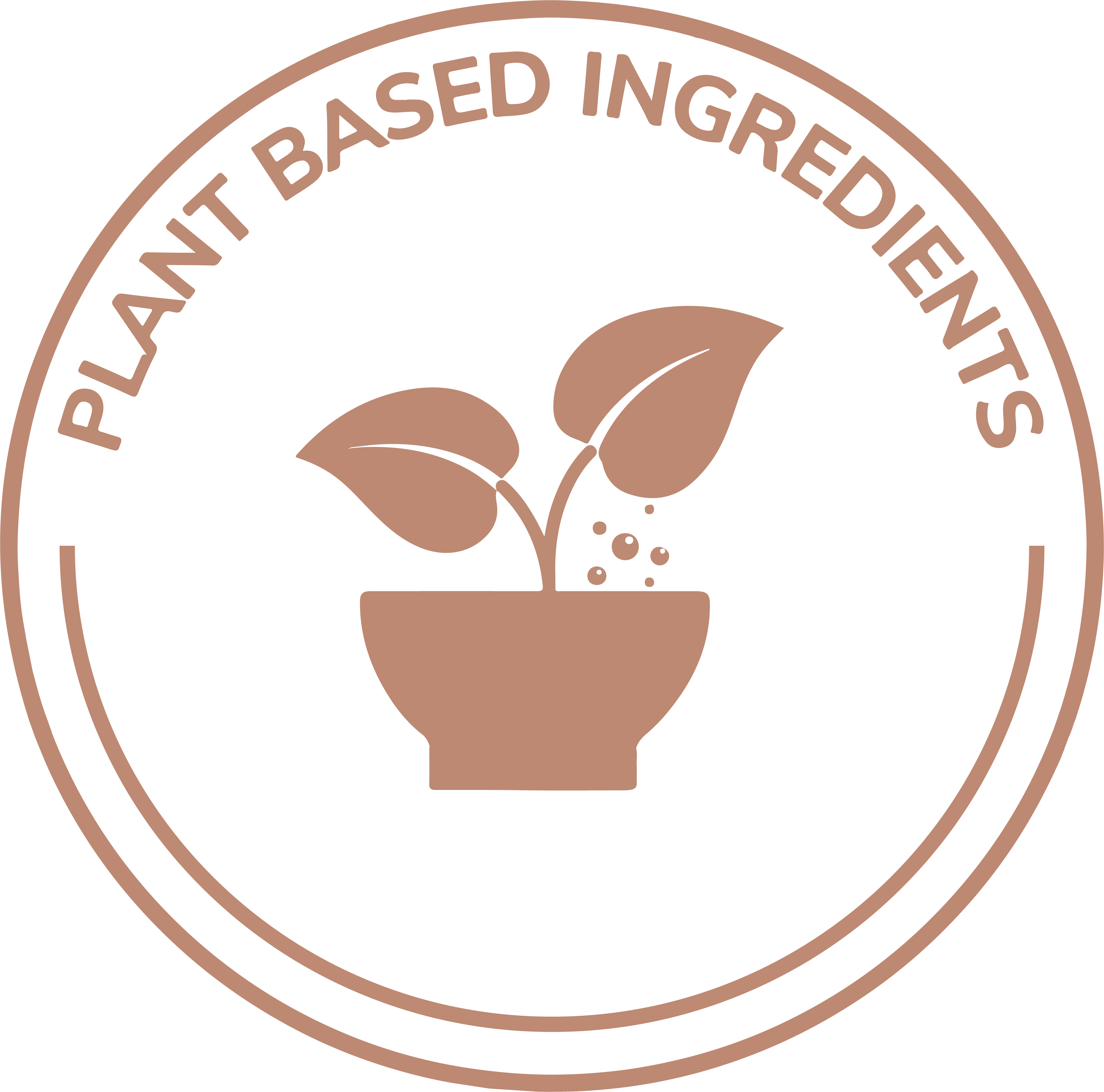
Sensitive Skin 101: What to Avoid and What to Embrace
If your skin reacts negatively to new products, you're not alone. And if you’ve ever dealt with sudden redness, itching, burning sensations, or post-product flare-ups, you know how frustrating and unpredictable sensitive skin can be. The key to managing it lies in understanding what triggers your skin and what helps soothe and protect it.
In the beginner’s guide, we decode sensitive skin and help you navigate what to avoid and what to embrace for healthier, happier skin.
What Is Sensitive Skin, Really?
Sensitive skin refers to a skin condition where your skin barrier is compromised, making it more reactive to external and internal triggers. It can be genetic or acquired due to overuse of actives, environmental stressors, or harsh skincare products.
Signs of Sensitive Skin:
-
Redness and flushing
-
Burning or stinging sensations
-
Dry patches or peeling
-
Sudden breakouts from new products
-
Itching or tightness after cleansing
If you tick off more than a few of these, your skin may be trying to tell you something.

What to Avoid:
-
Fragrances and Essential Oils
Surely, scents make products smell luxurious, but that is not the case with your skin. Both synthetic fragrances and natural essential oils (like lavender, citrus, or peppermint) can be common irritants. They cause redness, itching, or flare-ups because sensitive skin has a weaker barrier and reacts faster to these “extra” ingredients. That’s why fragrance-free or hypoallergenic products are better choices as they keep your skin calm instead of setting it off. -
Alcohol-Based Products
Steer clear of alcohol-based toners and cleansers, especially those containing denatured alcohol or ethanol. Alcohol gives products that instant “fresh, quick-dry” feel, but it comes at a cost. These alcohols strip away your skin’s natural oils, leaving it dehydrated and fragile. Over time, this weakens your skin barrier, making it easier for irritants to sneak in and cause breakouts or redness. -
Physical Scrubs and Harsh Exfoliants
Scrubbing with walnut scrubs and rough exfoliators may feel like you’re polishing your skin, but what’s happening is tiny cuts (microtears) on the surface. For sensitive skin, this means irritation, stinging, and more inflammation. Instead of rough scrubs, opt for mild chemical exfoliants like enzymes, which dissolve dead skin cells gently without physically scratching your skin.
-
Overuse of Actives
While ingredients like retinol, AHAs, and Vitamin C have benefits, overusing them or layering multiple actives can irritate sensitive skin. Overusing or layering them can overwhelm your skin, causing peeling, dryness, or breakouts. Think of it like overloading your plate at once; your skin can’t digest it all. Less is more, especially when your skin is reactive.
-
Hot Water
Hot showers or face rinsing may feel relaxing, but it’s a nightmare for sensitive skin. Hot water strips away your skin’s natural oils and disrupts its moisture barrier, leaving your skin dry, tight, and even itchier. Over time, it can worsen redness and sensitivity. Lukewarm water is the sweet spot; it cleans without compromising your skin’s protective barrier.
What to Embrace:
Now that you know what to dodge, here’s what you should absolutely welcome into your skincare routine:
-
Gentle Cleansers
Opt for a gentle cleanser that doesn’t foam aggressively or contain sulphates. Look for pH-balanced, alcohol-free, and fragrance-free formulations. Think micellar waters or oil-to-milk cleansers. -
Barrier-Repairing Moisturisers
Moisturisers rich in ceramides, squalane, and hyaluronic acid help rebuild the skin barrier and lock in hydration. Choose non-comedogenic creams with a short ingredient list. ClayCo’s Rice & Ceramides Moisturiser is a gentle, skin-strengthening option infused with ceramides, rice extract, and Vitamin B12. It's designed to deeply hydrate while supporting even the most sensitive skin types. It’s a great daily staple to keep your barrier happy and healthy.
-
Soothing Ingredients
Introduce calming ingredients in your skincare routine like:
-
Centela Asiatica (Cica): Heals and soothes
-
Aloe vera: Hydrates and cools
-
Mushroom Extracts: Anti-inflammatory and antioxidant-rich
-
Patch Testing New Products
Always conduct a patch test before trying a new serum or cream. Apply it behind your ear or on your inner arm and observe for 24 hours before applying it to your face. -
Minimalist Routines
Forget the 10-step skincare routine. A gentle 3-4 step ritual with clean, effective ingredients is all sensitive skin needs. Cleanse-Moisturise-Protect. -
Soothing Face Masks
When your skin feels irritated, tight, or flushed, a soothing mask can act like a reset button. Opt for calming, non-drying masks packed with ingredients like matcha, centella, oat, or aloe vera. These help reduce inflammation, relieve redness, and replenish lost moisture, all without overwhelming sensitive skin. ClayCo’s Matcha Clay Mask is a great weekly ritual to calm and detox without stripping your skin. Infused with antioxidant-rich matcha and ultra-gentle clays, it helps soothe irritation while leaving your skin feeling balanced.
Tips to Prevent Triggers in Sensitive Skin
-
Use cotton pads instead of reusable rough cloths
-
Keep your skincare products in a cool, dry place
-
Wear SPF daily, even indoors
-
Avoid experimenting with trends without research
-
Stay hydrated and manage stress. It directly impacts your skin
Conclusion: Trust Your Skin and Simplify
Sensitive skin isn’t a curse; it’s just a condition that needs extra care and mindfulness. The more you simplify your skincare and listen to what your skin is telling you, the better results you’ll see. Avoid unnecessary ingredients, stick to fragrance-free, alcohol-free, and non-comedogenic products, and choose formulas that support your skin barrier. Sensitive skin thrives on kindness and consistency.
FAQs
1. Can sensitive skin ever go away?
Sensitive skin can be managed and strengthened with the right routine, but if it's genetic, it may not completely disappear. However, triggers and flare-ups can be significantly reduced.
2. Is sensitive skin the same as allergic skin?
No. Sensitive skin reacts to common irritants like fragrance or alcohol, while allergic skin reacts to specific allergens, which may require dermatological testing.
3. Can I use vitamin C if I have sensitive skin?
Yes, but opt for low concentrations (5% or less) and buffered versions like magnesium ascorbyl phosphate or ascorbyl glucoside, and always patch test.
4. Should I exfoliate if I have sensitive skin?
Exfoliation should be minimal. Stick to enzyme-based or PHA exfoliants once or twice week at most, and always follow with barrier-supporting products.
5. What sunscreen is best for sensitive skin?
Look for mineral sunscreens with zinc oxide or titanium dioxide. They’re less likely to cause irritation and are ideal for sensitive, redness-prone skin. ClayCo’s SunGlaze Sunscreen SPF 50+ PA++++ is uniquely formulated with both chemical and mineral filters for all-around protection without the white cast, stickiness, or irritation.


